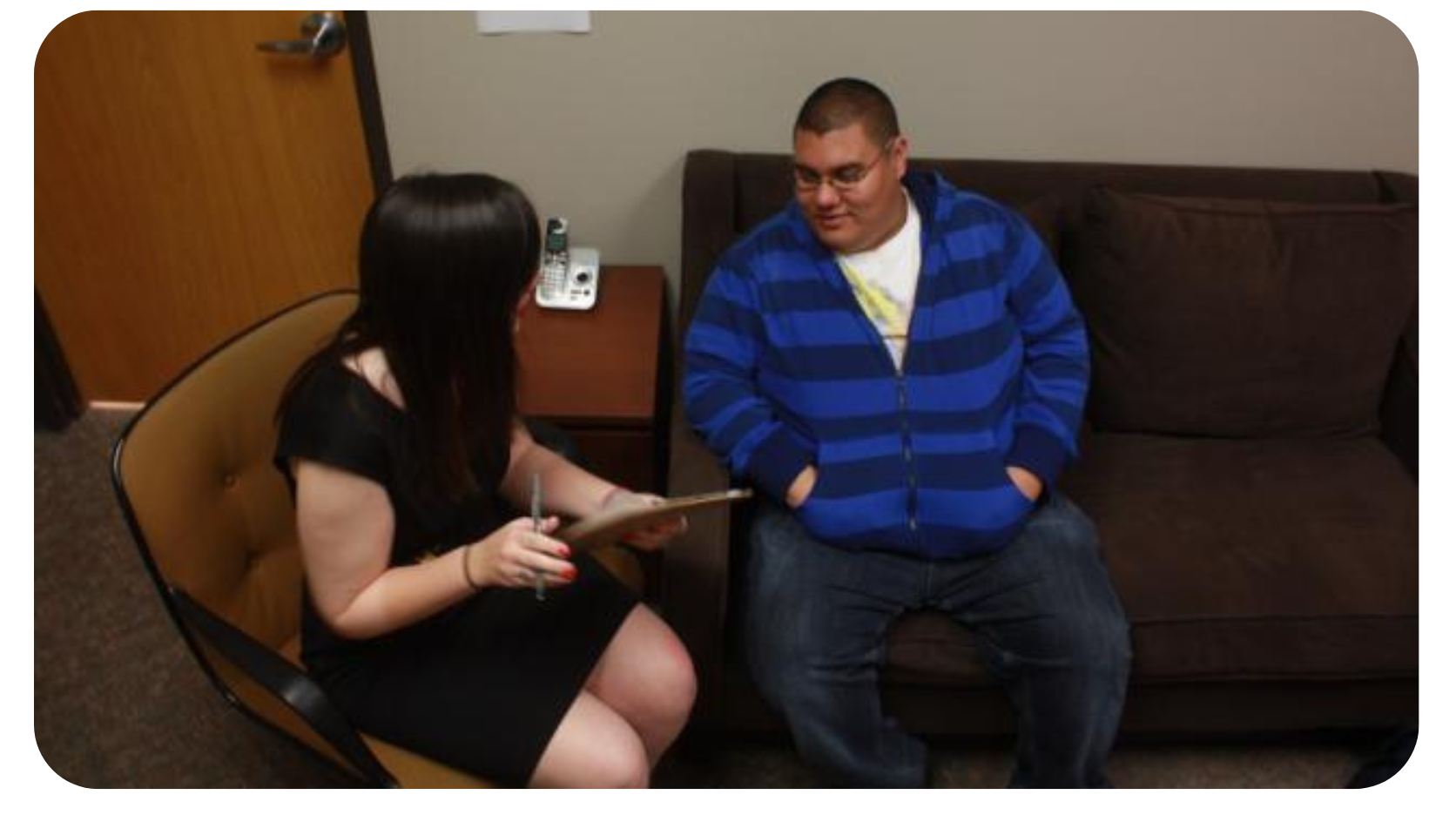Research Interests
 Adolescence is characterized by increases in internalizing-type difficulties as well
as the initiation of certain risk behaviors (e.g., experimentation with alcohol).
Although most teens traverse this period with minimal difficulty, a significant minority
develop problematic anxiety and substance use behaviors. It is this intersection of
normative developmental experiences and clinically-relevant outcomes that the Teen
St.A.R. Laboratory is most interested in illuminating.
Adolescence is characterized by increases in internalizing-type difficulties as well
as the initiation of certain risk behaviors (e.g., experimentation with alcohol).
Although most teens traverse this period with minimal difficulty, a significant minority
develop problematic anxiety and substance use behaviors. It is this intersection of
normative developmental experiences and clinically-relevant outcomes that the Teen
St.A.R. Laboratory is most interested in illuminating.
We examine how individual difference factors (e.g., emotion regulation strategies) change across the period of adolescence and interact with contextual factors (e.g., facets of pubertal development; stressful events) to promote the incidence of anxiety, substance use, and their co-occurrence. To date, our primary foci have been the etiology of social anxiety and panic-spectrum problems, as well as how these forms of anxiety psychopathology relate to alcohol use behaviors among adolescents (i.e. ages 8-17 years). We are in the process of expanding our efforts to include a broader spectrum of substances (e.g., marijuana, prescription medication), as well as considering anxiety and risky behaviors in the context of emerging adulthood.
 The Teen St.A.R. Laboratory is an experimental psychopathology laboratory designed
to study "real-time" anxious responding produced by analogue procedures such as the
Trier Social Stress Test and voluntary hyperventilation. In addition, we gather self-report,
short-term prospective, multi-informant, interview, and hormonal (via salivary sampling)
data.
The Teen St.A.R. Laboratory is an experimental psychopathology laboratory designed
to study "real-time" anxious responding produced by analogue procedures such as the
Trier Social Stress Test and voluntary hyperventilation. In addition, we gather self-report,
short-term prospective, multi-informant, interview, and hormonal (via salivary sampling)
data.
 Want to Participate in One of Our Studies?
Want to Participate in One of Our Studies?